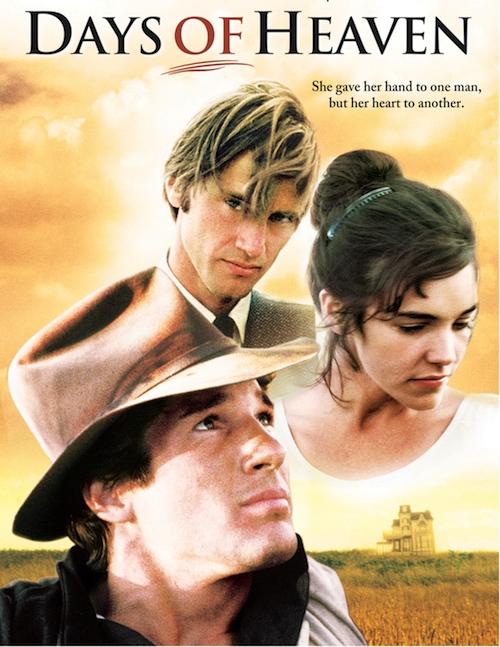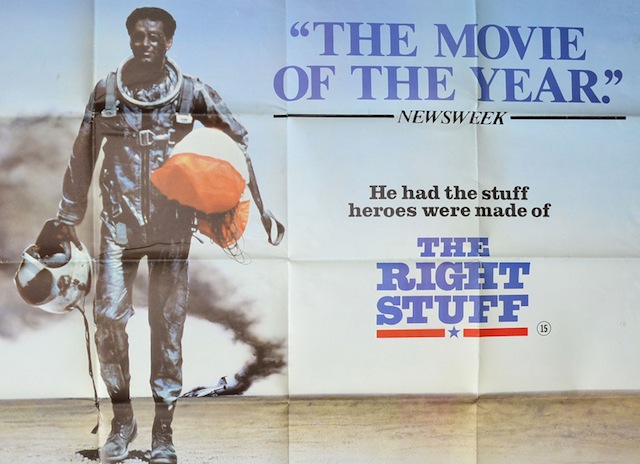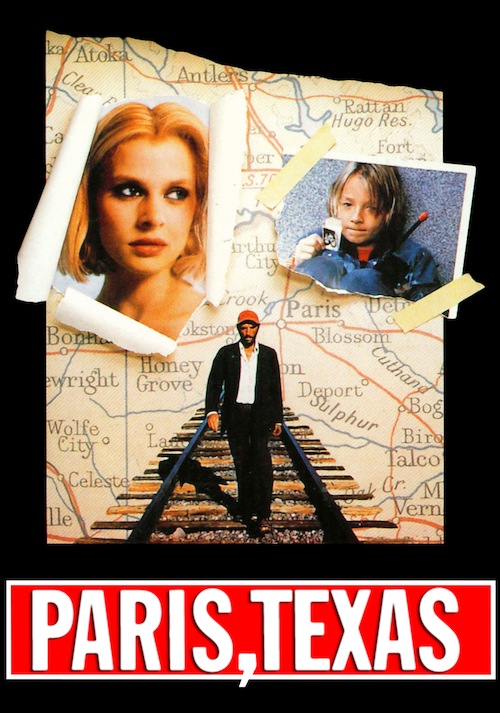CHICAGO – Patrick McDonald of HollywoodChicago.com appears on “The Morning Mess” with Dan Baker on WBGR-FM (Monroe, Wisconsin) on March 21st, 2024, reviewing the new streaming series “Manhunt” – based on the bestseller by James L. Swanson – currently streaming on Apple TV+.
Film Feature: HollywoodChicago.com Remembers Sam Shepard
CHICAGO – He was a true renaissance man, but his unassuming persona would conceal that lofty designation. Sam Shepard was a playwright, actor, author, screenwriter and director of countless important stage and screen works. Shepard died on July 27th, 2017, of complications due to Lou Gehrig’s Disease (ALS). He was 73.
He was born Samuel Shepard Rogers III in Fort Sheridan, Illinois, and graduated high school in California. After a brief stint in college, he started his career in a traveling theater repertory company. After landing in New York City, he dropped the Rogers from his name and began to work Off Broadway. He won six Obie Awards for his stage writing, and began his screen career by penning “Me and My Brother” (1968) and “Zabriskie Point” (1970). His had a love connection with rocker Patti Smith, which led to the collaborative play “Cowboy Mouth” (1971). He toured with Bob Dylan shortly thereafter, and was credited for the screenplay “Renaldo and Clara” (1978), which was his debut as a movie actor. As a playwright-in-residence at the Magic Theater, he also wrote the stage play “Buried Child” (1978), which won him the Pulitzer Prize. Other notable plays – he wrote 44 in all – include “True West,” “Fool for Love” and “The God of Hell.”
He got noticed as a film actor with “Days of Heaven” (1978), and from there he had high profile character roles in “Raggedy Man,” “Frances,” “The Right Stuff” (Oscar nominated for Best Supporting Actor), “Steel Magnolias,” “All the Pretty Horses,” “Black Hawk Down” “August: Osage County,” plus the more recent films “Mud” and “Midnight Special.” He was married once, but had a longtime relationship of 30 years with actress Jessica Lange (they split in 2009). He is survived by three children.
Patrick McDonald and Jon Lennon Espino of HollywoodChicago.com pay tribute to the renaissance man who New York Magazine described as “the greatest playwright of his generation,” with homages to both his acting and writing for the screen.
 DAYS OF HEAVEN (1978) by Jon Lennon Espino
DAYS OF HEAVEN (1978) by Jon Lennon Espino

Days of Heaven
Photo credit: Paramount Home Entertainment
Terrence Malick has always been a very visual director, preferring to let the images speak rather than the actors. This form of storytelling is only as strong as the performers and none were stronger than the cast in “Days of Heaven.” Sam Shepard takes on the role of “The Farmer” who suffers from both loneliness and some unknown illness. Aside from a passing line about his condition, we only really see these effects manifest in subtle ways, mostly through Shepard’s pained expressions. We see him change, beginning as man consigned to death and behaving like half a corpse already. The life returns to him as he discovers love and he loses his fear of mortality, only to be overcome by the vast spectrum of human emotions he had sworn off earlier. His jealousy manifests itself in a fiery blaze fueled by his newfound passion, and his rage spreads across the screen like a forest fire during a drought. Shepard was able to take a character that was never given a name and turn him into a person you’ll never forget.
SHEPARD SOULFUL: The locusts in the film have more dialogue than Sam Shepard’s character, but his performance is louder than a swarm of them.
 THE RIGHT STUFF (1983) by Patrick McDonald
THE RIGHT STUFF (1983) by Patrick McDonald

The Right Stuff
Photo credit: Warner Home Entertainment
I will have to apologize to the real Chuck Yeager right now, but I’m sorry after Sam Shepard portrayed the great aviator in this brilliant historical satire, that is who I picture when on the rare occasion I think of Chuck Yeager. Shepard is the soulful center of the Philip Kaufman film, which chronicles the transition from test pilot (Yeager) to astronauts (The Mercury Seven). Whether he is cavorting on horseback with Barbara Hershey (as his wife Glennis), or breaking the sound barrier in a plane that looks like a missile, Shepard-as-Yeager has that elusive Right Stuff, and exemplifies the American can-do spirit of that long gone era, while also symbolizing the technological transition that would eventually send man to the moon. This is one of the great American films, a must see, and Shepard is part of the reason it is a classic.
SHEPARD SOULFUL: Shepard as Yeager had to walk across a hot desert landscape, after he ejected himself from a malfunctioning plane, fell from the sky and burnt his face. That walk is one of the manliest in cinema history.
 PARIS, TEXAS (1984, Written by Sam Shepard) by Patrick McDonald
PARIS, TEXAS (1984, Written by Sam Shepard) by Patrick McDonald

Paris, Texas
Photo credit: Criterion Collection
We cannot honor Sam Shepard without honoring his influential writing. The film “Paris, Texas” was a loose interpretation of Shepard’s “Motel Chronicles” stories (published in 1983), and involved Travis (Harry Dean Stanton) as a man found nearly dead in the Texas desert, rescued only to have his past haunt him again. The dialogue is spare up to a point, as Travis is mute until he rejoins the world. Aided by the sure direction of Wim Wenders and the epic cinematography of Robby Müeller, Shepard’s story is given a marvelous palette as it unfolds. His characteristic bleak, poetic and rootless character dialogue is all here, and Stanton (with Nastassja Kinski) deliver a painfully poignant elegy to their relationship in the end. It took the great American Sam Shepard (with further adaptation from L.M. Kit Carson) to deliver a heart-breaking story that could only come from somewhere like Paris, Texas.
SHEPARD SOULFUL: “I used to make long speeches to you after you left. I used to talk to you all the time, even though I was alone. I walked around for months talking to you. Now I don’t know what to say. It was easier when I just imagined you. I even imagined you talking back to me. We’d have long conversations, the two of us… then it slowly faded. I couldn’t picture you anymore. I tried to talk out loud to you like I used to, but there was nothing there. I couldn’t hear you. Then I just gave it up. Everything stopped. You just disappeared. And now I’m working here. I hear your voice all the time. Every man has your voice.” Nastassja Kinski as Jane talking to Harry Dean Stanton as Travis in “Paris, Texas” by Sam Shepard.
 | By PATRICK McDONALD |


